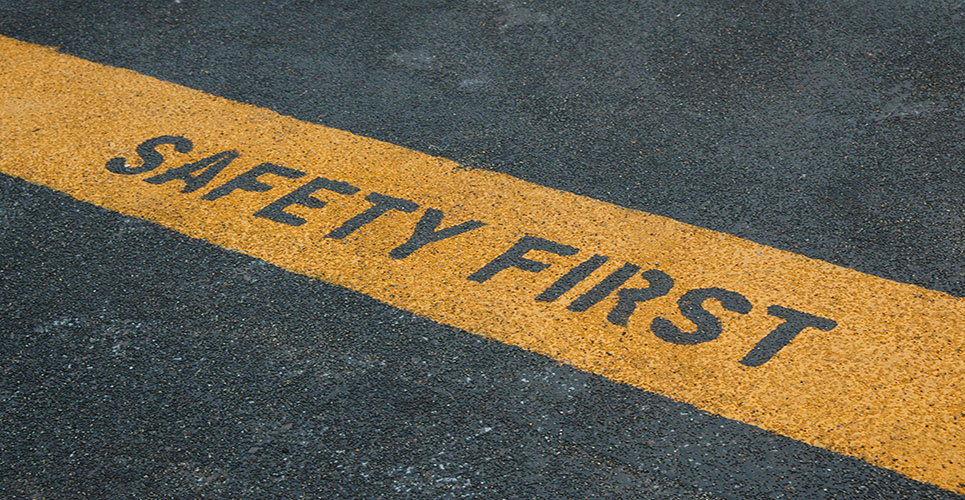teaser
The UK’s National Institute for Health and Clinical Excellence (NICE), in collaboration with the National Patient Safety Agency (NPSA), has issued guidance on how to improve processes to ensure that any medication patients are taking prior to admission to hospital is properly documented on admission.
Prescribing errors can result in harm to patients and the aim of medicines reconciliation when patients are admitted to hospital is to ensure that important medicines are not stopped and that new medicines are prescribed, with a complete knowledge of what a patients is already taking.
The NPSA has reported the number of incidents of medication errors involving admission and discharge as 7,070 with two fatalities and 30 that caused severe harm between November 2003 and March 2007.
To improve medicines reconciliation at hospital admission NICE/NPSA recommend that all health care organisations that admit adult inpatients should make sure they have policies in place for medicines reconciliation on admission.
This includes mental health units, and applies to elective and emergency admissions.
In addition to specifying standardised systems for collecting and documenting information about current medications, policies for medicines reconciliation on admission should ensure that:
- Pharmacists are involved in medicines reconciliation as soon as possible after admission.
- The responsibilities of pharmacists and other staff in the medicines reconciliation process are clearly defined; these responsibilities may differ between clinical areas.
- Strategies are incorporated to obtain information about medications for people with communication difficulties.
NICE chief executive Andrew Dillon said: “This is an important new opportunity for NICE to work with the NPSA in a key area.
“We’ve used tried and trusted methods in developing this guidance – the use of independent expert committees, genuine public consultation and an open decision-making process to issue guidance on a safety issue which matters to everyone coming into hospital.
“Implementation of this guidance will help to ensure there is a system in place in all hospitals to minimise the risk of drug errors.
“As part of this, we are also recommending that pharmacists and their teams are involved as soon as possible to aid in cross checking medications with patients, their GP and carers, when necessary, to get a clear picture of the medicines patients are taking.”
Martin Fletcher, chief executive of the NPSA said: “Working in partnership with NICE we have developed detailed guidance on an important patient safety issue.
“Ensuring that medicines reconciliation happens in an appropriate and timely manner is key to giving patients the best care and reducing incidents of harm.
“The simple steps produced by the NPSA and NICE will help pharmacists and other dispensers to ensure that patients have the correct medicines prescribed when they are admitted to hospital.”
Professor Bruce Campbell, chairman of the UK’s Patient Safety Advisory Committee said: “Identifying all the medicines patients are taking can be surprisingly difficult and that is why so many errors are found and reported.
“A small number of these errors may harm patients and that is why NICE and the NPSA have issued guidance.
“Pharmacists and their teams have both the knowledge and the ability to concentrate on checking that patients have the correct medicines prescribed when they are admitted to hospital.”
Patient Safety Advisory Committee member Dr John Pounsford said: “Remembering what medication they are taking is not always the first priority for patients coming into A&E.
“They may be in pain or disoriented and the main priority for healthcare professionals is to treat the symptom.
“It can therefore be very difficult to get an accurate picture of a patient’s medication upon hospital admission.
“It is very important for pharmacists and their teams to cross check what the patient tells them with their GP and their carer to get an accurate record.”

